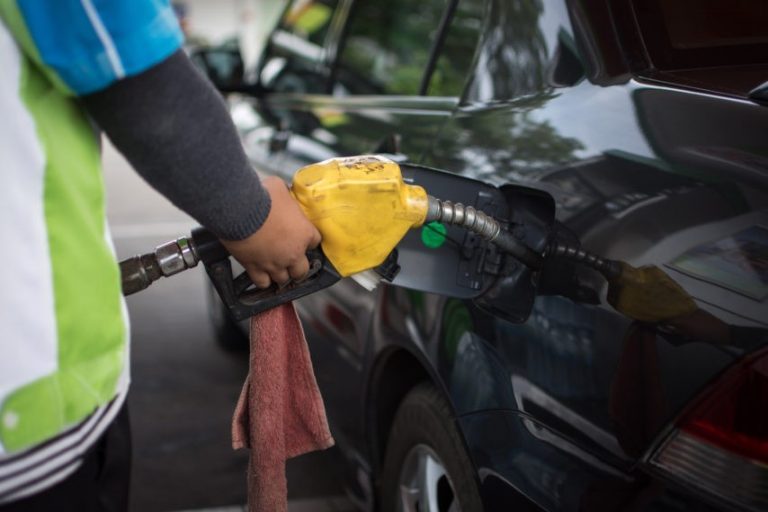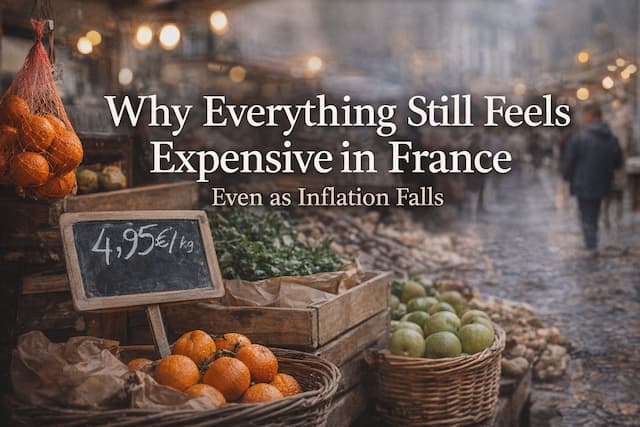Fuel Increase: How to Save Hundreds of Euros by Switching to Superethanol

Made from plants, superethanol or E85 can reduce the bill when going to the pump by two. It seduces more and more motorists. Explanations.
The explosion in fuel prices is angering motorists. Some even met on November 17, 2018 to protest . Others, to lighten the bill at the pump, decide to switch to superethanol , or E85 . The reason is that the price of this less taxed biofuel is at least two times lower – less than 0.70 euros per litre at the pump – than fuel produced solely or largely from fossil fuels.
“650 euros of savings for 13 000 km”
E85, composed of gasoline to which is added 65 to 85% of bioethanol, actually works with gasoline vehicles.It reduces autonomy a little because it is consumed faster. “I’m gradually getting used to my engine by mixing ethanol and conventional gasoline,” explains Mickaël, a Rouen car driver who has just made the transition on the advice of a friend.
To avoid any risk, it is rather advisable to use a Flex fuel vehicle , which allows you to drive both petrol and ethanol, or to adapt your car with a conversion box . An order of 15 December 2017 sets a precise regulatory framework for these boxes. It has resulted in four manufacturer approvals since the summer of 2018 and a growing appeal for this process among motorists.
The installation costs on average 700 €. An amount quickly profitable, according to Nicolas Kurtsoglou, responsible for fuels of the National Union of producers of agricultural alcohol ( SNPAA ):
“Everything depends on the mileage, but for 13 000 km we save on average 650 euros. This estimate takes into account the up to 25% higher consumption induced by the use of superethanol instead of gasoline.”
Now that feasibility is no longer a brake, there is still the problem of availability. There are 1064 stations distributing E85 in France. They are listed in an interactive map on a dedicated government site .
More and more people to take the plunge
“It’s odd to be full and pay less in euros than the number of litres,” laughs Mickael. He was seduced by the economic argument, but also ecological with “66% less greenhouse gas emissions compared to gasoline”, a figure advanced by Epure , the European Federation of bioethanol producers, a first actors in European lobbying.
He is not the only one. According to government data, the consumption of superethanol made a good 23% in France in 2017 (up to 28% in Normandy), with 117,902 cubic metres sold. While the market share remains negligible compared to gasoline, the progression is constant and increases again in 2018 to reach 1.8%. The development was particularly strong after the approval of the first cases in June.
The president delegate for Normandy and Poitou-Charente of the Automobile club association – which has 1.5 million members in France – Gérard Blottière, says:
“This is a fairly new phenomenon, even if some visionaries have been using these biofuels for some time. Since the last year, we have more and more people coming back to ethanol.”
“We’ve been plagued for a long time”
Presented as a solution for the future since the 2000s, biofuels, made from plants, have progressively suffered from a bad image. Accused of creating competition with food, they also cause the transformation of natural areas storing carbon in cultivated land. Biodiesel is among other things the cause of massive deforestation operations around the world.
On the other hand, first-generation bioethanol (1G), produced from beet or cereals, represents a great opportunity for diversification for some sectors in the face of “a totally depressed global sugar market with a price that has lost the half of its value in two years “, according to Nicolas Rialland, Director of Public Affairs of the General Confederation of Beet Growers (CGB). Especially since the French case is particular, as Nicolas Kurtsoglou explains:
“Bioethanol consumed in France is made in France. The carbon footprint represents only 1% of the useful agricultural land in our country, compared to 40% in the United States, for example. We create 12 million hectoliters and export four million. This means that even if there is an increase in demand, there would be no need to convert land for a moment.”
“Biofuel players have long been plague victims, regrets Nicolas Rialland. Today, we return to grace. ” Requested by our colleagues from France Inter this month, the Minister of Ecology has also reaffirmed his support for the French biofuel sector 1G. Despite “volumes still far from phenomenal compared to other fuels using bioethanol”, according to the head of the CGB, the superethanol still has good prospects for development if it remains attractive at the pump.
Enjoyed this? Get the week’s top France stories
One email every Sunday. Unsubscribe anytime.


